Publications
Articles, publications, books, tools and multimedia features from the U.S. Institute of Peace provide the latest news, analysis, research findings, practitioner guides and reports, all related to the conflict zones and issues that are at the center of the Institute’s work to prevent and reduce violent conflict.
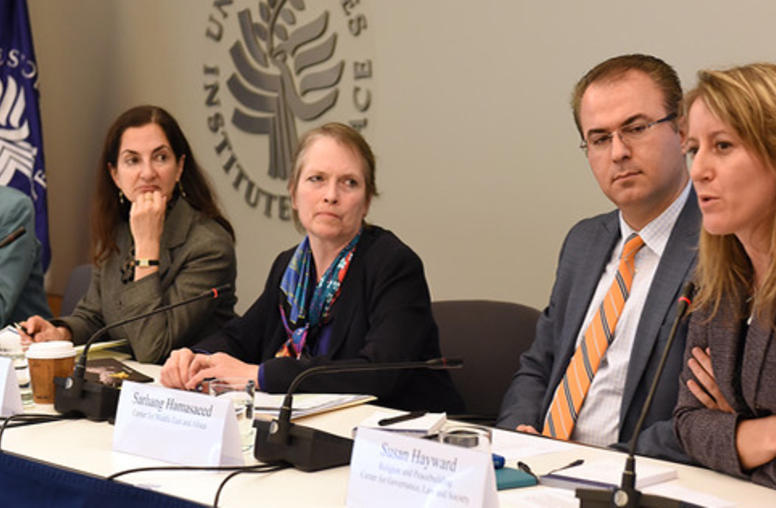
Reconciliation as the Road to Durable Peace
Apology. Confession. Truth-telling. Forgiveness. These are elements of reconciliation, perhaps the most important underpinning for turning a violent conflict into durable peace. Yet building peace is complicated by a reality that human cultures have no agreed definition of reconciliation. Indeed many may resist it as an imposed Western value, USIP scholars said.
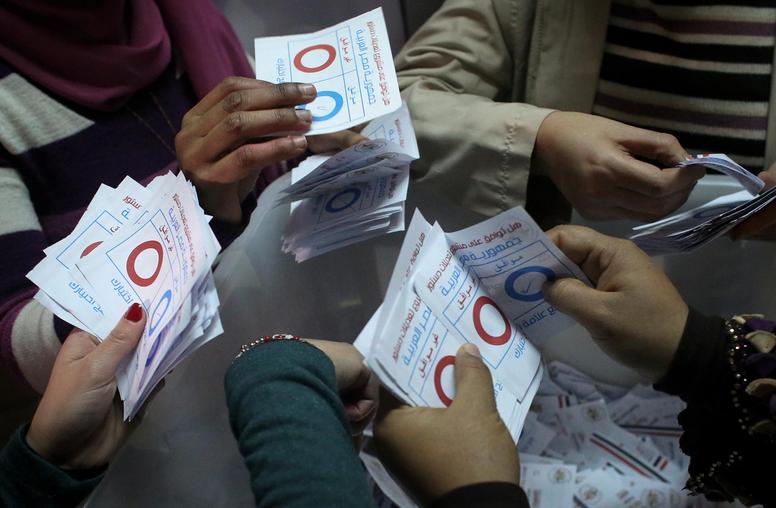
Q&A Egypt’s Post-Referendum Mood
Egyptians went to the polls on Jan. 14-15 to vote on a new constitution, the third referendum on a charter since the spring 2011 uprising that ultimately toppled authoritarian President Hosni Mubarak. Manal Omar, USIP’s associate vice president for the Middle East and Africa, has been on the ground in Cairo and discusses the significance of the vote, the issues involved, and the prospects for Egypt’s political system going forward.
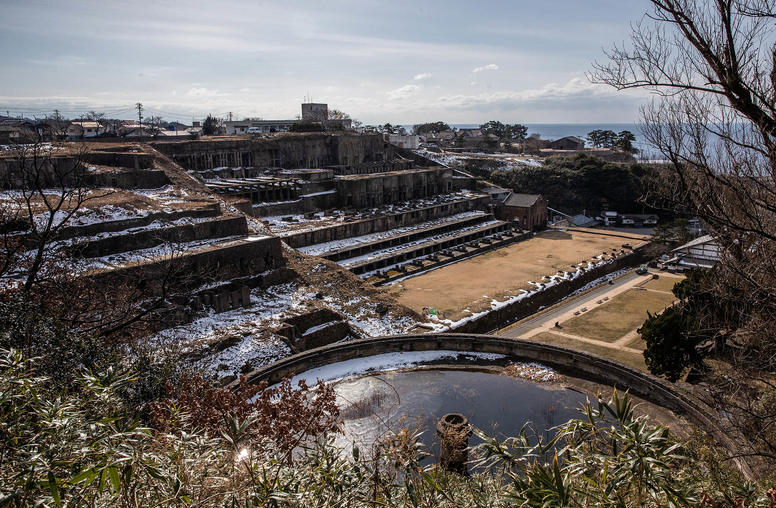
A Formula to Resolve the South Korea-Japan Wartime Forced Labor Issue
As the United States revitalizes its alliances in East Asia, World War II reparations issues loom large. The United States’ two closest allies in the region — Japan and South Korea — remain at odds on issues ranging from forced labor that Koreans performed for Japanese corporations to the comfort women system of sexual enslavement. The failure to redress these issues has stretched the bilateral relationship to its thinnest point in 50 years. Although the new administration in Seoul promises a more “forward-looking” approach to Japan, resolution of various historical issues seems unlikely in the near term.

Acknowledging U.S. Missteps Can Ease Japan-South Korea Relations
History sits at the heart of the frigid relationship between South Korea and Japan. Not just the history of Japanese imperialism, but also the history of U.S. strategic interests since 1945. U.S. decision-making stemming from such interests — at first framed within the context of fighting the Cold War and now defined by U.S. competition with China — has oftentimes exacerbated long-term South Korea-Japan relations in its pursuit of expedient solutions and limited the opportunities and avenues for reconciliation.

Different Wartime Memories Keep Japan and South Korea Apart
The current state of relations between South Korea and Japan is, in the judgment of many observers, the worst since normalization in 1965. Despite decades of interaction, cooperation and even integration, relations between South Korea and Japan seem to have reverted to a dysfunctional status in which even the most basic forms of diplomatic intercourse present a challenge.
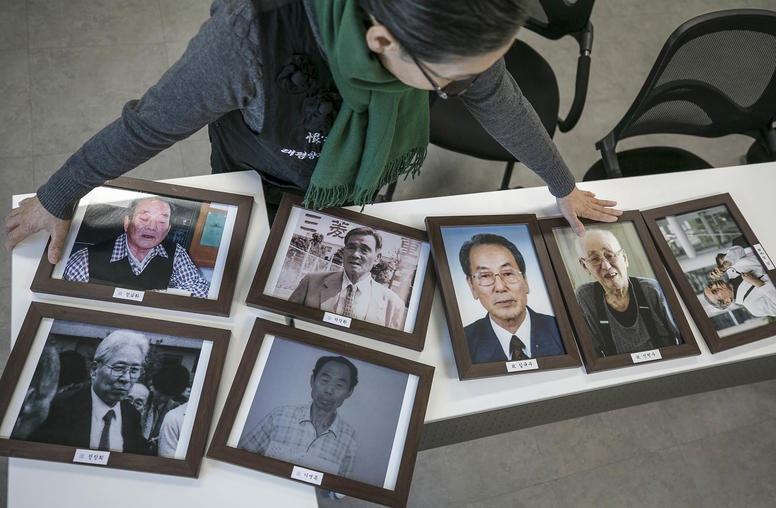
Resolution of Korean Forced Labor Claims Must Put Victims at the Center
In 1965, Japan and South Korea signed numerous treaties and agreements to normalize relations, including the Treaty on Basic Relations reestablishing diplomatic relations and a Claims Agreement settling property claims among the two countries and their nationals. These agreements have failed to resolve bilateral tensions stemming from the claims of Koreans who were subjected to forced labor by Imperial Japan during World War II. Some parties have called for a legal resolution based on the arbitration clause in the Claims Agreement. However, major issues would arise if the two countries pursued arbitration.
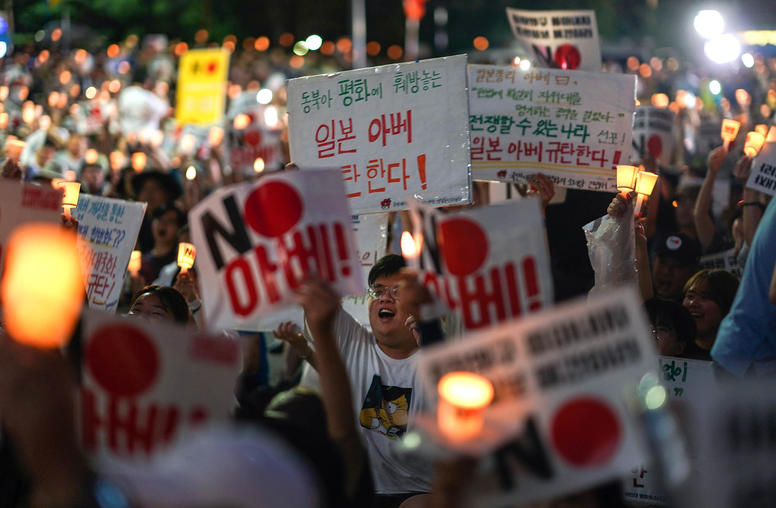
Achieving a More Durable Japan-South Korea Rapprochement
The winds of political change swept through South Korea in early 2022. Yoon Suk-yeol, a conservative and former prosecutor general, triumphed in the presidential election. As the incoming president seeks a new direction for Seoul’s foreign policy, perhaps the most politically fraught and sensitive part of his agenda is improving South Korea’s frayed relations with its former colonizer, Japan. Better relations will benefit both countries, but their leaders will need to be careful about how they go about improving relations if they are to create a durable sense of goodwill. They will need to listen to dissident voices, look at their history in new ways and convince the United States to play a productive role.
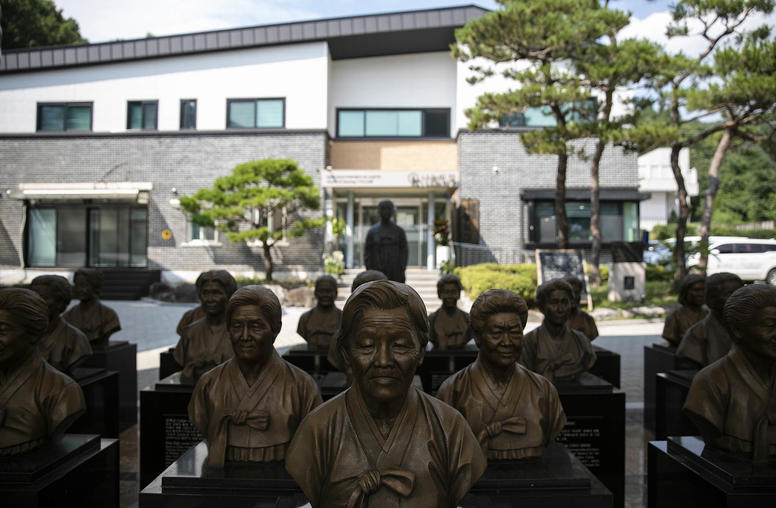
A Guide to Understanding the History of the ‘Comfort Women’ Issue
Even before assuming office in May 2022, South Korean President Yoon Suk-yeol made clear his desire for smoother formal relations between Seoul and Tokyo. Locked in a number of interwoven and protracted disputes, South Korea and Japan have been at a diplomatic standstill since well before COVID-19 restrictions shut down everything. Recent peacebuilding efforts are encouraging, with Japan and the United States publicly welcoming South Korea’s overtures as pivotal to plans for regional alignment in the face of North Korea’s provocations and China’s aggressive behavior.
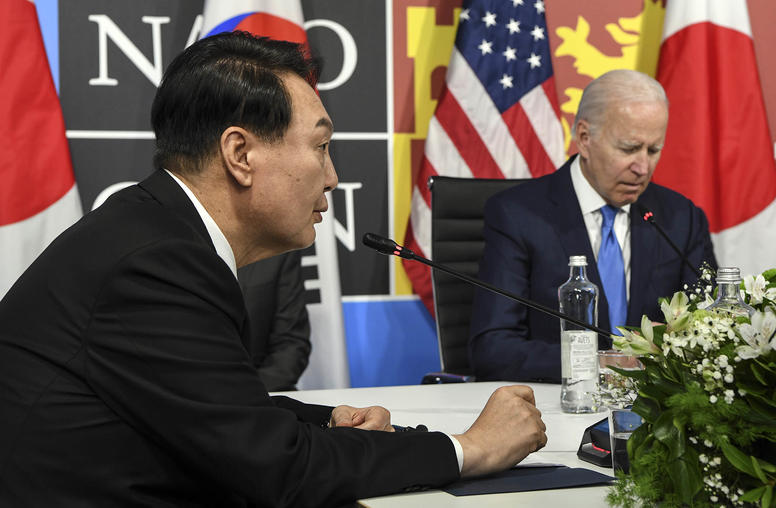
The 1963 Franco-German Reconciliation Treaty: A Guide for Japan and South Korea?
Relations between Japan and South Korea are at a dead end. Officials on both sides have acknowledged the need to improve relations. Beset by stark differences over compensation for historical issues of coerced sexual slaves (so-called comfort women) and forced labor, and contemporary issues of trade, the relationship needs a game changer to alter course. South Korean President Yoon Suk-yeol has called for a “rethink” of the relationship. Conflict-resolution practices beyond East Asia could help us to think outside the box.
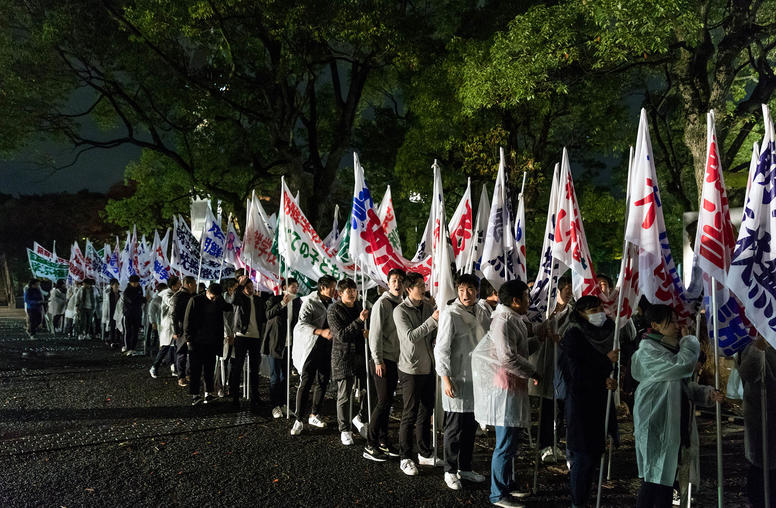
Citizenship Policy Reform in Japan as a Path to Cooperation with South Korea
Over the past two decades, increasingly vocal and visible anti-immigrant and, specifically, anti-Korean sentiment has risen in Japan’s public sphere. Internet chat rooms such as “2-channel” have become forums for anonymous posts expressing anti-foreign, anti-Korean and anti-Chinese sentiment. Similarly, anti-immigrant — and specifically anti-Korean — sentiment on the streets has increased through such organizations as the zaitoku-kai (the “Citizens group that will not condone special rights for Koreans in Japan”).